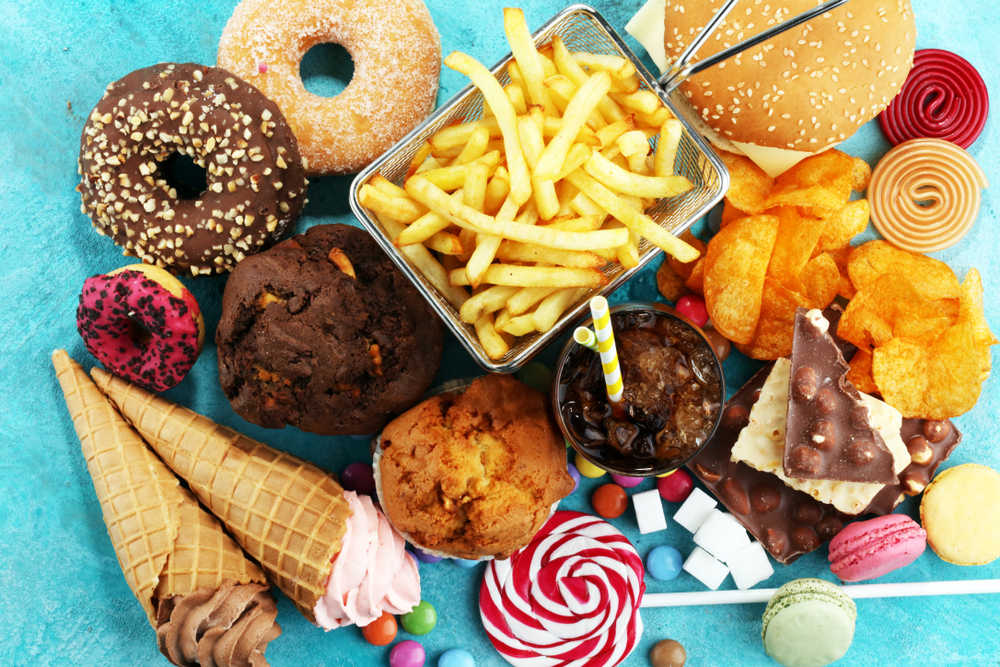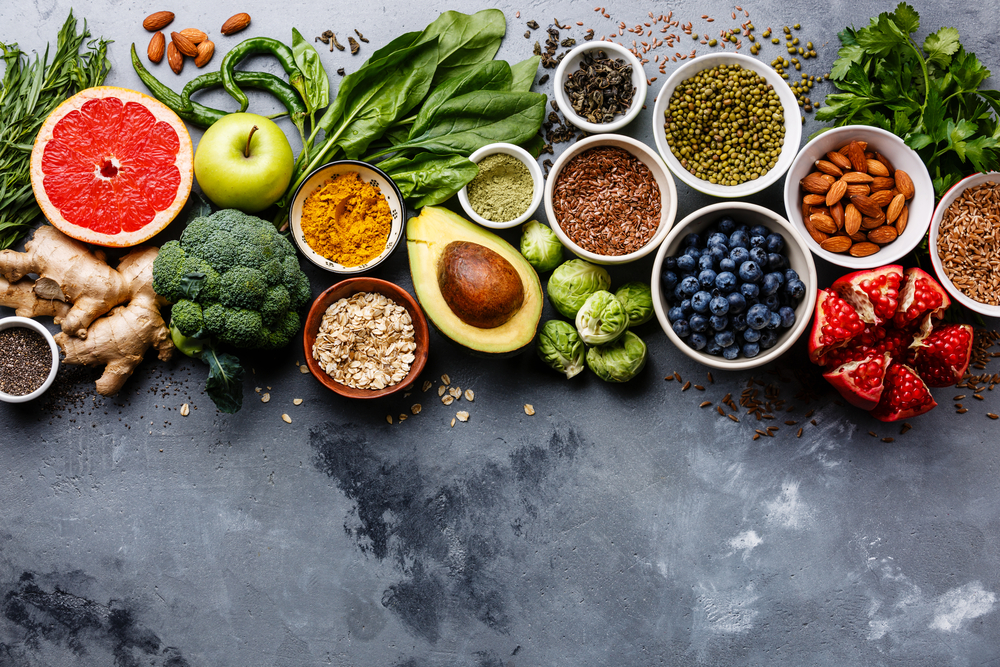Could Mental Health Impact Challenge Results?
We look into how staying in routine and being physically active can help your challenge results, and more.

With terms like ‘uncertainty’ and ‘unprecedented’ becoming a part of our daily language given the current pandemic, it can be tough to sustain feelings of motivation while working and training at home. In times like these, it is common for things to feel more challenging due to the significant changes to your routine and life. But, is your mental health something you need to worry about? Will it impact your results from the Challenge? What can you do to help keep on top of it?
Remember, in periods of stress, it is common for mental health problems to worsen. Whilst feeling overwhelmed is normal at a time like this, it is recommended to get assistance if you need a helping hand.
Food and Mood
It likely comes as no surprise to you that what we eat has an impact on our mood. But, did you know that there is a clear association between the quality of people’s diets and their risk of depression? This is the case across all countries, cultures and age groups. What we eat impacts how we feel on a day-to-day basis, making it all the more important to make excellent food choices.
Foods to eat less of
We know that what we eat matters, but does what we avoid also matter? Interestingly, science says yes. One recent study has shown that our gut bacteria can change significantly when moving from a healthy, fiber-rich, carbohydrate-containing diet, and swapping it over to a high-fat diet. Small amounts of less healthy foods seem okay, but when eaten to excess, issues start to arise. Foods to eat less of include chips, cakes, biscuits, soft drinks, lollies and burgers. Choosing to eat less of these things not only helps keep your gut microbes healthy, but also helps you maintain your weight throughout the Maintenance Phase.

Foods to eat more of
Research has clearly shown the health benefits of following a Mediterranean-style diet, particularly in relation to mental health. After six months of following this way of eating, 33% of trial participants met criteria for remission of major depression, compared to just 8% in a group receiving social support. So, what does following a Mediterranean-style diet mean? It means filling up on vegetables, whole grains and fruit, and regularly including dairy and raw nuts. And of course, use plenty of olive oil, which not only improves mental health but also helps your body release more of the food’s nutrients.
Variety is key. Consuming at least 30 plants per week has been shown to have a positive impact on the health of our gut—and therefore the health of our brains! Eating a variety of fresh produce means richer nutrient consumption, and a higher intake of antioxidants, polyphenols, prebiotic fiber and healthy fat is the key to eating well for managing your mood.

Keeping active
With F45 workouts shifting to virtual and most of the world being forced to work from home, it is highly likely your day-to-day routine has changed. We can’t emphasize enough the importance of maintaining physical activity for positive mental health. Continuing to schedule in your F45 sessions, even if you are doing them from your lounge room, will help you stay in routine, remain active, and help you feel as healthy as possible while spending all that extra time at home.
Take home?
Stay in routine. Keep being physically active and continue to make great food choices. Both your mood and your hard work from the Challenge will thank you for it.

